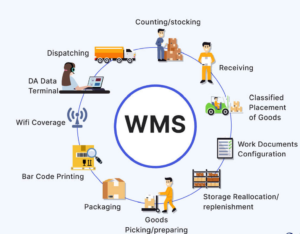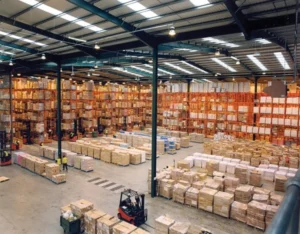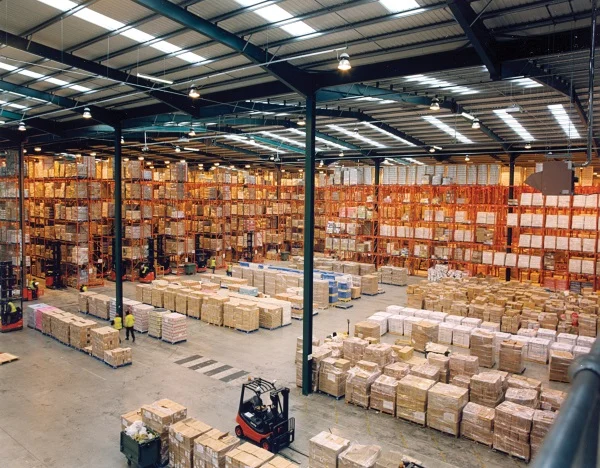Introduction
Smart warehousing trends in 2025 are changing the warehousing and logistics industry. Today, fast delivery needs, global supply chain shifts, and higher customer demands are pushing companies to upgrade their systems. As a result, smart warehousing is no longer a choice. Instead, it has become a key part of modern logistics operations.

Automation Becomes the Standard
One of the most important smart warehousing trends in 2025 is automation. Earlier, automation was seen as an upgrade. However, today it is a basic requirement. Automated guided vehicles, robotic arms, and conveyor belts help teams work faster. Moreover, these systems improve safety and reduce mistakes. As a result, warehouses can run smoothly every day with fewer delays.
AI Improves Decision-Making
Another major part of smart warehousing trends in 2025 is Artificial Intelligence. AI tools study inventory movement and demand patterns. Therefore, managers can plan stock better. In addition, AI helps optimize delivery routes. This reduces travel time and fuel costs. As a result, companies improve delivery speed and lower operating expenses.

Real-Time Tracking for Complete Visibility
Real-time tracking is also shaping smart warehousing trends in 2025. IoT sensors and RFID tags track goods at every stage. Because of this, inventory data stays accurate. Also, delays are easier to avoid. At the same time, customers can track orders in real time. This builds trust and improves service quality.
Data-Driven Warehouse Planning
Data plays a strong role in smart warehousing trends in 2025. Warehouses use data to plan layouts and manage space better. For example, data helps handle peak demand during festive seasons. In addition, it reduces waste and improves stock control. As a result, warehouses operate more efficiently.

Conclusion
In conclusion, smart warehousing trends in 2025 will reshape logistics operations. Companies that use automation, AI, real-time tracking, and data will stay ahead. Therefore, the future belongs to warehouses that are intelligent, flexible, and data-driven. By adopting these smart warehousing trends in 2025, businesses can achieve faster growth and better customer satisfaction.









 The Power of Automation
The Power of Automation



